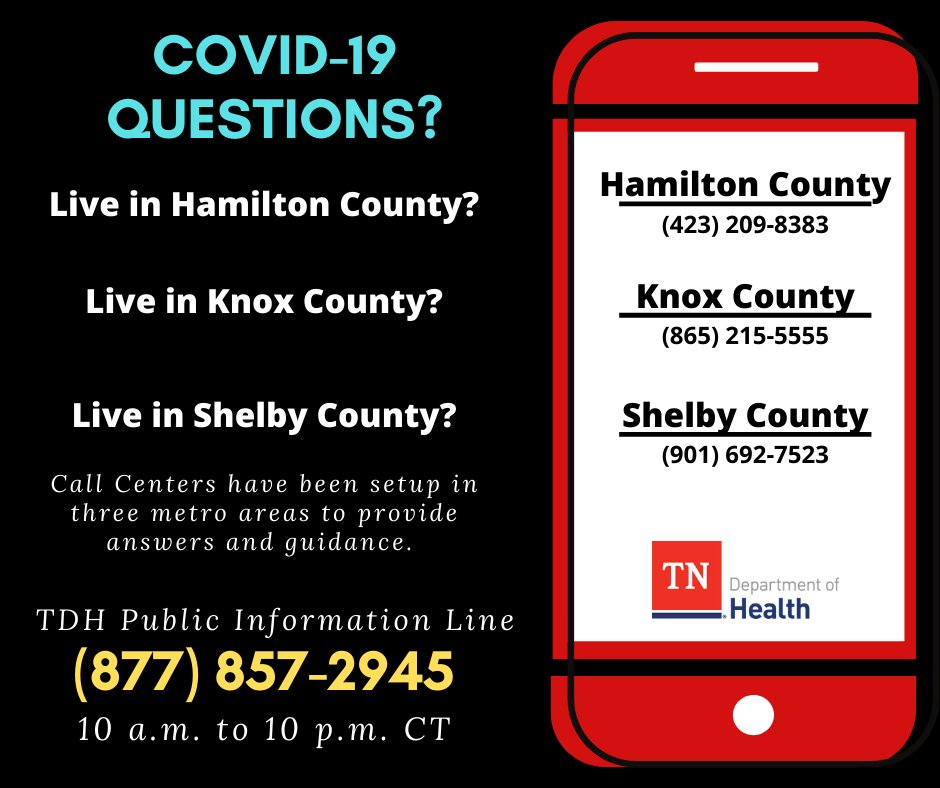COVID-19 RESOURCE DASHBOARD
Return to Work and Recovery Guide
In an effort to provide extended support to a variety of public and private sector organizations and agencies, the University of Tennessee Center for Industrial Services (UT CIS) has developed this reference guide to assist you as you maintain, resume or restart operations.
UT CIS’s guide is based upon COVID-19 Best Practices, as recommended by the Centers for Disease Control & Prevention (CDC), the Occupational Safety & Health Administration (OSHA), The Tennessee Department of Health, and other Governmental Regulations & Guidelines as described in this document.
Access the Downloadable Guide
Download the COVID-19 Workplace Checklists and Charts
Industry Resources & Updates
There may be additional information you need to stay safe and secure during this outbreak depending on your industry or field of work. We’ve compiled a list of industry-specific resources for your consideration.
Economic and Financial Relief
Individuals and businesses are being hit hard during this pandemic, but economic and financial relief is available.
UT CIS Response to Coronavirus
The Coronavirus outbreak has impacted every part of our daily lives, and that does not exclude professional development. We have compiled a list of questions below that we anticipate might be on your mind, as well as other information that may be beneficial to you in regards to our practices.
Protecting Your Workforce
As concerns about COVID-19 continue to rise, many employers are left wondering what they can do to protect their workforce. In order to help employers plan and respond to COVID-19, the CDC has issued interim guidance.
Learn How to Protect Your Workforce
Best Practices for Manufacturers
The COVID-19 virus could be the single greatest threat to business continuity over the next 12-18 months and has caused us to re-evaluate how we work. Manufacturers are looking for ways to keep employees, customers, suppliers and their communities healthy. Expectations are that this global pandemic could last months, and employers need to develop strategies to protect employees and their ability to conduct business for a sustained period. Manufacturers are coming together to share their best practices. Here is a summary of those best practices.
Creating A Crisis Management / Business Continuity Plan
To prepare for and respond to a crisis, organizations need to create a crisis management plan that outlines the policies and procedures your business will follow when emergency situations arise.
Tips for Well-Being
The outbreak of coronavirus disease 2019 (COVID-19) may be stressful for people. Fear and anxiety about a disease can be overwhelming and cause strong emotions in adults and children. Coping with stress will make you, the people you care about, and your community stronger.
FEMA Coronavirus Rumor Control
The purpose of this FEMA page is to help the public distinguish between rumors and facts regarding the response to coronavirus (COVID-19) pandemic. Rumors can easily circulate within communities during a crisis. Do your part to the stop the spread of disinformation by doing 3 easy things; don’t believe the rumors, don’t pass them along and go to trusted sources of information to get the facts about the federal (COVID-19) response.
About COVID-19
Coronaviruses are a large family of viruses that usually cause mild respiratory illnesses such as the common cold. Some coronaviruses have caused more severe illness, such as Severe Acute Respiratory Syndrome (SARS) and Middle East Respiratory Syndrome (MERS). SARS-CoV-2 is a new coronavirus (responsible for COVID-19) that was not identified in humans before December 2019.
If you are unsure of what steps to take next in order to prepare your business and protect your employees, all UT CIS employees are here to help you. Here are our teams:
Solutions Consultants | PTAC Counselors | Economic Development Team | Health, Safety & Emergency Preparedness Team | UT CIS Administration Team

